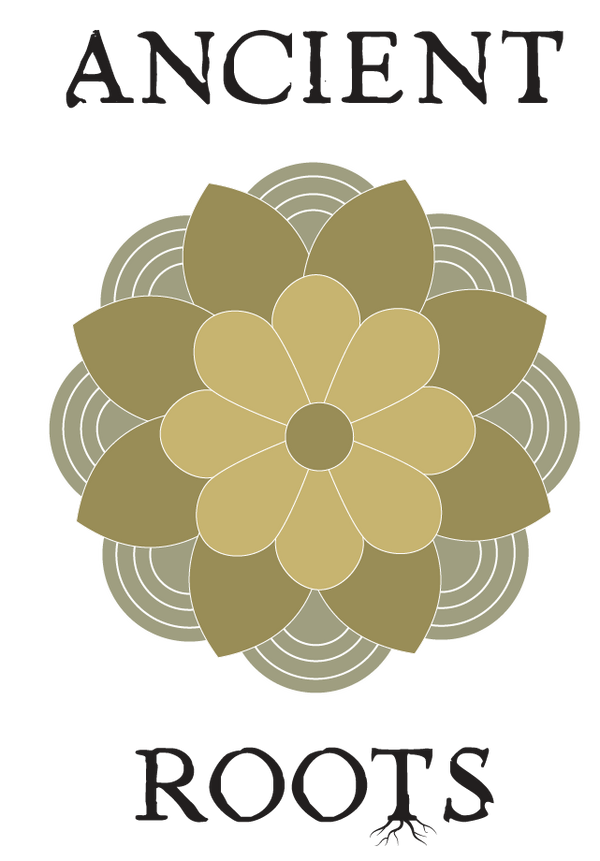In the intricate ballet of our body's cellular processes, antioxidants, oxidative stress, and free radicals play leading roles. Understanding their interaction is crucial for maintaining health and preventing disease. This post examines these vital concepts and highlights natural dietary sources you can include in your diet that are rich in antioxidants.
Free Radicals: The Double-Edged Swords
At a microscopic level, free radicals are unstable molecules with unpaired electrons, formed as natural byproducts of cellular metabolism. They are not inherently evil; in fact, our bodies require them for energy production and immune functions. However, when their numbers exceed the body's antioxidant defenses, they can cause oxidative stress, leading to cell damage and contributing to aging and various diseases, including cancer, heart disease, and neurological disorders.
Oxidative Stress: What the Stress?
Oxidative stress occurs when there's an imbalance between free radical activity and antioxidant defense, leading to potential damage to proteins, lipids, and DNA. This imbalance is a common pathway for aging and disease. Factors believed to contribute to oxidative stress include environmental pollutants, tobacco smoke, radiation, and a diet high in sugar and fat.
Antioxidants: The Body's Protectors
Antioxidants are molecules that neutralize free radicals, thus preventing them from causing harm. They either stop the formation of free radicals or break them down into less harmful substances. The body produces some antioxidants, like glutathione, while others must be obtained from diet.
Dietary Sources of Antioxidants
Incorporating foods rich in antioxidants is an effective way to boost your body's defenses against oxidative stress. Here are some powerful antioxidant sources:
- Fruits and Berries: Blueberries, strawberries, raspberries, goji berries, and cherries are loaded with vitamins C and E, as well as flavonoids.
- Vegetables: Spinach, kale, bell peppers, and artichokes are high in vitamins A, C, E, and other antioxidant compounds.
- Nuts and Seeds: Almonds, walnuts, sunflower seeds, and flaxseeds contain vitamin E, selenium, and plant compounds with antioxidant properties.
- Beverages: Green tea and coffee are rich in polyphenols and other antioxidants.
- Dark Chocolate: High in flavonoids, dark chocolate is not only delicious but also beneficial for heart health due to its main ingredient, cacao.
Integrating Antioxidants into Your Diet
To harness the full power of antioxidants, aim for a colorful plate at each meal, signifying a variety of fruits and vegetables. Whole foods are preferable to supplements, as they contain a complex mix of nutrients that work together.
The dynamic between antioxidants, oxidative stress, and free radicals is a fundamental aspect of our biology. By better understanding their roles and incorporating antioxidant-rich foods into our diets, we can support our body's ability to fend off oxidative stress, help reduce the risk of chronic diseases, and promote overall health. Remember, balance is key; a diet too high in antioxidants can be counterproductive, as free radicals do have essential roles in the body. As with everything in life, moderation and variety are crucial.
Lastly, embracing a diet rich in natural antioxidants is a simple yet powerful way to protect your body against the unseen threats of oxidative stress and free radicals. Start today by adding more colorful fruits, vegetables, nuts, seeds, and healthy beverages to your diet, and enjoy the health benefits that follow.
Note: Statements made regarding health benefits and wellness have not been approved by the Food and Drug Administration. Always consult your physician before altering or adding foods or beverages to your health regimen.

